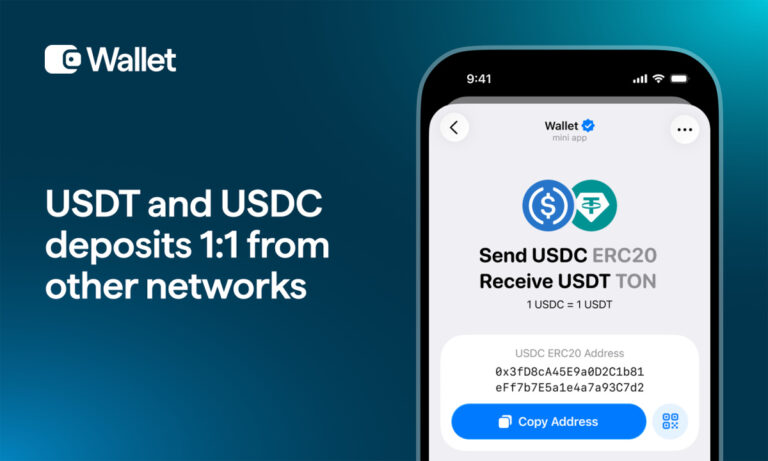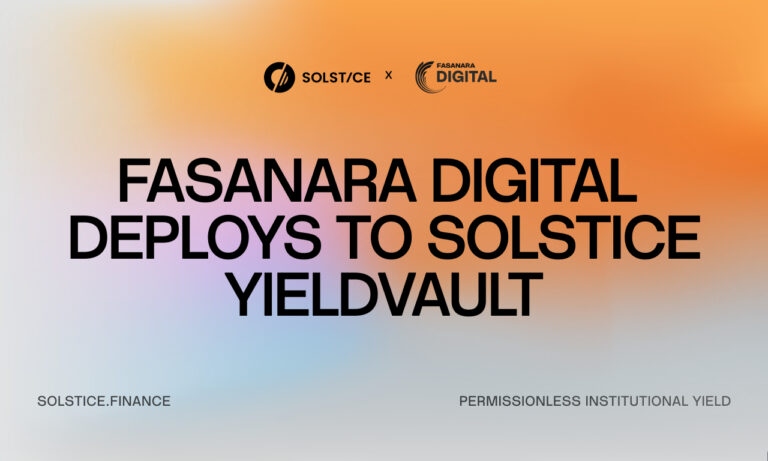Country Information
Extra Information
Website
Extra Links
Social Media & News
Ranking
Blockchain Overview
Category:
| Name | Category |
|---|
Frequently Asked Questions
Description
Disclaimer: The regulatory information provided below is for general informational purposes only and may not reflect the most current legal developments. Cryptocurrency regulations are rapidly evolving and are subject to frequent changes. This information should not be considered legal or tax advice. Before making any business or investment decisions, please consult with qualified legal, tax, or financial professionals familiar with your specific jurisdiction and circumstances. Always verify current regulations with official government sources and regulatory bodies.
Legal Classification & Regulatory Framework
Cryptocurrency Status
Australia has established one of the most comprehensive and well-defined regulatory frameworks for cryptocurrencies among developed nations. Cryptocurrencies are not recognized as legal tender in Australia, with the Australian Dollar (AUD) remaining the sole official currency. However, digital assets are legally acknowledged and treated as property for most legal purposes.
The Australian taxation authority classifies cryptocurrencies as assets rather than currency or money, which has significant implications for how transactions are treated from tax and accounting perspectives. This classification means that cryptocurrencies are subject to capital gains tax rules rather than currency exchange rules, affecting both individuals and businesses.
From a regulatory perspective, the classification of specific digital assets can vary depending on their characteristics. Some tokens may be classified as financial products under the Corporations Act if they meet specific criteria, particularly if they confer rights similar to those of shares, debentures, or managed investment schemes. This determination is made on a case-by-case basis, examining the specific features and economic substance of each digital asset.
The Australian Securities and Investments Commission (ASIC) has provided guidance indicating that initial coin offerings (ICOs) and token sales may constitute offers of securities or financial products, triggering licensing and disclosure obligations. The legal treatment depends on the rights attached to the tokens and the manner in which they are marketed and distributed.
Australia’s approach reflects a principles-based regulatory philosophy, applying existing financial services laws to cryptocurrency activities rather than creating entirely separate frameworks. This approach provides flexibility while ensuring that similar activities face similar regulatory requirements regardless of the technology used.
Tax Treatment
The Australian Taxation Office (ATO) has developed detailed guidance on cryptocurrency taxation, making Australia one of the clearer jurisdictions for crypto tax compliance. The fundamental principle is that cryptocurrencies are treated as property, not currency, which means that disposing of cryptocurrency typically triggers capital gains tax (CGT) implications.
For individual investors, cryptocurrency transactions are subject to CGT when disposed of, with the gain or loss calculated as the difference between the cost base and the capital proceeds. If cryptocurrencies are held for more than 12 months, individuals may be eligible for the CGT discount, which reduces the taxable capital gain by 50% for Australian residents. This creates a clear tax incentive for longer-term holding strategies.
However, if cryptocurrency trading is conducted with sufficient frequency, volume, and organization, it may be considered a business activity rather than an investment. In such cases, the profits would be treated as ordinary income rather than capital gains, meaning they would be fully taxable without access to the CGT discount, but losses could be offset against other income.
For businesses, cryptocurrency transactions are accounted for as part of ordinary business operations. Companies must record the Australian Dollar value of cryptocurrency transactions at the time they occur, maintaining detailed records for tax purposes. The Goods and Services Tax (GST) treatment has evolved significantly, with cryptocurrency transactions now generally being GST-free when used as a payment, thereby eliminating the previous issue of double taxation.
Cryptocurrency mining is treated as either a hobby or a business, depending on the scale and organization of the activity. Business miners must report mining rewards as assessable income in Australian dollars when received and can claim deductions for legitimate business expenses, including equipment, electricity, and maintenance costs. Mining equipment may be eligible for depreciation deductions.
The ATO has implemented data-matching programs with cryptocurrency exchanges, requiring these platforms to report customer transactions. This enhanced compliance infrastructure means that cryptocurrency users should assume their activities are visible to tax authorities and maintain comprehensive records of all transactions, including dates, values in Australian Dollars, purposes, and counterparties.
Regulatory Oversight
Multiple regulatory bodies share oversight responsibilities for cryptocurrency activities in Australia, creating a coordinated but complex regulatory landscape. The Australian Securities and Investments Commission (ASIC) serves as the primary regulator for financial services aspects of cryptocurrency businesses, particularly those involving products that meet the definition of financial products under the Corporations Act.
ASIC oversees cryptocurrency exchanges and platforms that deal in digital assets classified as financial products, ensuring compliance with licensing requirements, consumer protection standards, and market integrity rules. The commission has enforcement powers and has taken action against cryptocurrency businesses operating without appropriate licenses or making misleading claims.
The Australian Transaction Reports and Analysis Centre (AUSTRAC) regulates cryptocurrency businesses from an anti-money laundering and counter-terrorism financing perspective. Digital currency exchange providers must register with AUSTRAC and comply with comprehensive AML/CTF obligations, including customer identification, transaction monitoring, reporting suspicious activities, and maintaining detailed records.
The Australian Prudential Regulation Authority (APRA) oversees how regulated financial institutions such as banks, superannuation funds, and insurance companies interact with cryptocurrencies and manage crypto-related risks. APRA has issued guidance on risk management expectations for institutions with cryptocurrency exposures.
The Australian Competition and Consumer Commission (ACCC) monitors cryptocurrency markets for anti-competitive conduct and consumer protection issues, taking action against scams and misleading advertising. The Reserve Bank of Australia (RBA), while not directly regulating cryptocurrencies, monitors developments in digital assets and their implications for monetary policy, financial stability, and the payments system.
This multi-agency approach ensures comprehensive oversight while allowing each regulator to focus on their area of expertise, though it does require cryptocurrency businesses to navigate multiple regulatory relationships.
Business Environment
Banking Relationships
The relationship between traditional banks and cryptocurrency businesses in Australia has been complex and occasionally contentious. Australian banks have historically adopted cautious approaches to cryptocurrency companies, with some institutions implementing policies that restrict or prohibit accounts for cryptocurrency exchanges and related businesses.
This caution stems from several factors, including regulatory uncertainty, concerns about money laundering risks, reputational considerations, and the challenges of implementing effective monitoring for cryptocurrency-related accounts. Some cryptocurrency businesses have reported account closures or difficulties opening new accounts, leading to complaints about de-banking within the industry.
However, the regulatory landscape has gradually improved banking access for compliant cryptocurrency businesses. Companies that are properly registered with AUSTRAC and operate within regulatory frameworks have found that more banks are willing to provide services. However, they are often subject to enhanced due diligence and ongoing monitoring requirements.
The Reserve Bank of Australia and other regulators have emphasized that banks should take risk-based approaches to cryptocurrency businesses rather than blanket refusals of service. This guidance encourages banks to assess individual businesses based on their specific circumstances, compliance frameworks, and risk profiles rather than categorically excluding all cryptocurrency-related activities.
Some Australian banks have moved beyond merely tolerating cryptocurrency businesses to actively exploring digital asset opportunities. Several major banks have announced blockchain initiatives, although most remain cautious about offering direct cryptocurrency services to retail customers. The development of clearer regulatory frameworks and growing mainstream acceptance has gradually improved the banking environment for legitimate cryptocurrency businesses.
Licensing Requirements
Australia’s licensing requirements for cryptocurrency businesses depend on the nature of the activities conducted. All digital currency exchange providers are required to register with AUSTRAC as reporting entities under the Anti-Money Laundering and Counter-Terrorism Financing Act. This registration is mandatory before commencing operations and requires businesses to implement comprehensive AML/CTF programs.
The AUSTRAC registration process involves demonstrating that the business has appropriate policies, procedures, and systems to comply with AML/CTF obligations. This includes customer identification and verification procedures, ongoing monitoring systems, processes for reporting suspicious matters, and record-keeping frameworks. Businesses must also appoint a compliance officer responsible for overseeing AML/CTF compliance.
Beyond AUSTRAC registration, cryptocurrency businesses may require Australian Financial Services (AFS) licenses from ASIC if they provide financial services or deal in financial products. The determination of whether an AFS license is required depends on whether the cryptocurrencies or tokens being traded meet the legal definition of financial products. Tokens with equity-like features, debt instruments, or managed investment characteristics typically require licensing.
Operating without required licenses constitutes a criminal offense in Australia, with significant penalties including fines and imprisonment. ASIC actively monitors the market and has taken enforcement action against businesses operating without appropriate authorization.
For businesses seeking to operate cryptocurrency derivatives or margin trading platforms, additional licensing requirements apply. These activities clearly fall within the definition of financial services and require comprehensive AFS licenses with appropriate authorizations.
The licensing process can be lengthy and resource-intensive, requiring detailed business plans, compliance documentation, proof of adequate financial resources, and demonstration that responsible managers meet fit and proper person requirements. However, obtaining proper licensing provides legitimacy and may improve access to banking services and institutional partnerships.
Innovation Support
Australia has demonstrated government support for blockchain innovation and cryptocurrency sector development through various initiatives. ASIC operates an Innovation Hub that guides fintech businesses, including cryptocurrency companies, helping them understand regulatory requirements and navigate the licensing process.
The Innovation Hub offers informal assistance to startups and established businesses exploring new technologies, allowing them to engage with regulators early in their development process. This engagement helps identify potential regulatory issues before significant resources are committed, reducing compliance risks and facilitating faster market entry for compliant businesses.
ASIC has also operated regulatory sandbox arrangements that allow businesses to test certain financial services without holding an AFS license, subject to specific conditions and limitations. While not exclusively for cryptocurrency businesses, these arrangements have been utilized by blockchain and fintech companies developing innovative products.
Various Australian government agencies have explored or implemented blockchain technology for public sector applications. Initiatives have included blockchain-based land title systems, supply chain tracking for agricultural exports, and identity verification frameworks. These projects demonstrate official recognition of blockchain’s potential beyond cryptocurrency applications.
The Australian government has funded research into blockchain technology through grants and university partnerships, supporting the development of technical expertise and innovative applications. Industry associations and advocacy groups have emerged to represent cryptocurrency businesses, facilitating dialogue with regulators and policymakers.
State governments have also shown interest in attracting blockchain businesses, with some offering targeted incentives or establishing innovation precincts focused on technology sectors, including blockchain and cryptocurrency. This sub-national activity supplements federal regulatory frameworks with local support for industry development.
Market Characteristics
Adoption Patterns
Australia has demonstrated relatively high cryptocurrency adoption rates among developed nations, with significant portions of the population reporting cryptocurrency ownership or investment. This adoption is driven by factors including strong technology infrastructure, high financial literacy, a robust fintech sector, and growing mainstream awareness of digital assets.
Individual adoption in Australia encompasses both investment and speculative trading. Many Australians view cryptocurrencies as alternative investment assets, holding Bitcoin and other digital currencies as part of diversified portfolios. The availability of self-managed superannuation funds (SMSFs) has enabled some Australians to incorporate cryptocurrencies into their retirement savings strategies, although this remains a specialized approach that requires careful tax and regulatory consideration.
Cryptocurrency payment acceptance by merchants remains relatively limited despite growing awareness. While some retailers, particularly in technology and online sectors, accept cryptocurrency payments, mainstream adoption for everyday transactions has been slow. The tax treatment of cryptocurrency transactions as disposals triggering CGT calculations creates friction for everyday use, as each purchase technically requires tax reporting.
Institutional adoption has grown gradually, with some Australian companies announcing cryptocurrency holdings on balance sheets and others developing blockchain-based products and services. Traditional financial institutions have begun offering limited cryptocurrency exposure through investment products, making digital assets accessible to investors who prefer regulated financial products over direct cryptocurrency ownership.
The Australian Securities Exchange (ASX) has explored blockchain technology for post-trade settlement systems, demonstrating institutional interest in the underlying technology even where cryptocurrency adoption remains cautious.
Industry Focus
Australia’s cryptocurrency industry reflects the country’s broader strengths in financial services, technology, and resources sectors. Cryptocurrency exchanges serving Australian customers represent the most visible segment, with both domestic companies and international platforms competing for market share.
These exchanges offer varying services, including spot trading, cryptocurrency derivatives, staking services, and managed investment products. The competitive market has driven innovation in user experience, security features, and product offerings, with platforms differentiating through factors such as available trading pairs, fee structures, and customer service.
Blockchain development companies leverage Australia’s strong software engineering capabilities to build applications and infrastructure for global markets. Australian developers contribute to international blockchain projects while also creating locally focused solutions that address regional needs.
The cryptocurrency mining sector has developed in Australia, taking advantage of the country’s energy resources and technical infrastructure, though high electricity costs in some regions affect profitability. Some mining operations have focused on utilizing renewable energy sources or partnering with energy companies to access competitive power rates.
Professional services supporting the cryptocurrency industry have grown substantially, including specialized legal firms, accounting practices offering cryptocurrency taxation services, and consultancies helping businesses navigate regulatory requirements and implement blockchain solutions. This service ecosystem supports broader industry development.
Cryptocurrency-related investment funds and managed products have emerged, providing institutional-grade access to digital assets for investors seeking exposure through regulated vehicles. Some Australian fund managers have launched cryptocurrency investment trusts or incorporated digital assets into existing investment strategies.
Regulatory Evolution
Australia’s cryptocurrency regulatory framework continues to evolve as authorities respond to market developments and emerging risks. The trajectory has been toward greater clarity and comprehensiveness rather than restriction, with regulators seeking to balance innovation support with consumer protection and financial system integrity.
Recent and ongoing regulatory developments have focused on strengthening consumer protections, improving market integrity, and enhancing AML/CTF frameworks. Regulators have issued updated guidance addressing emerging issues, such as decentralized finance protocols, non-fungible tokens, and stablecoins, in an effort to apply existing regulatory principles to new technologies and business models.
The government has consulted on potential reform, including licensing regimes for cryptocurrency exchanges beyond the current AUSTRAC registration, custody requirements for customer assets, and enhanced disclosure standards. These consultations reflect ongoing efforts to adapt regulatory frameworks as the market matures and new risks emerge.
International regulatory developments influence Australian policy, with regulators monitoring approaches taken in jurisdictions such as the United States, United Kingdom, and Singapore. However, Australia maintains regulatory autonomy and adapts international approaches to suit local circumstances and legal structures.
The Reserve Bank of Australia has explored the possibility of issuing a central bank digital currency (CBDC), conducting research and pilot projects to evaluate potential benefits and implementation challenges. While no definitive CBDC launch has been announced, these explorations indicate official engagement with digital currency concepts beyond private cryptocurrencies.
Future regulatory evolution will likely address the intersection of cryptocurrency with traditional financial services, particularly as institutional involvement grows and cryptocurrency products become more integrated with mainstream finance. Areas such as cryptocurrency custody standards, cryptocurrency-backed lending, and integration with superannuation systems may receive increased regulatory attention.
The regulatory approach seeks to maintain Australia’s position as an attractive jurisdiction for legitimate cryptocurrency businesses while protecting consumers and maintaining financial system stability. This balancing act requires ongoing dialogue between industry and regulators as technology and markets continue to develop.
For Current Information:
Australian Securities and Investments Commission (ASIC): https://asic.gov.au
Australian Transaction Reports and Analysis Centre (AUSTRAC): https://www.austrac.gov.au
Australian Taxation Office (ATO): https://www.ato.gov.au
Reserve Bank of Australia (RBA): https://www.rba.gov.au
Australian Prudential Regulation Authority (APRA): https://www.apra.gov.au
Country Map
Crypto and Blockchain Articles

What Are Optimistic Rollups?

What are (Crypto)Currency Exchange Rates?
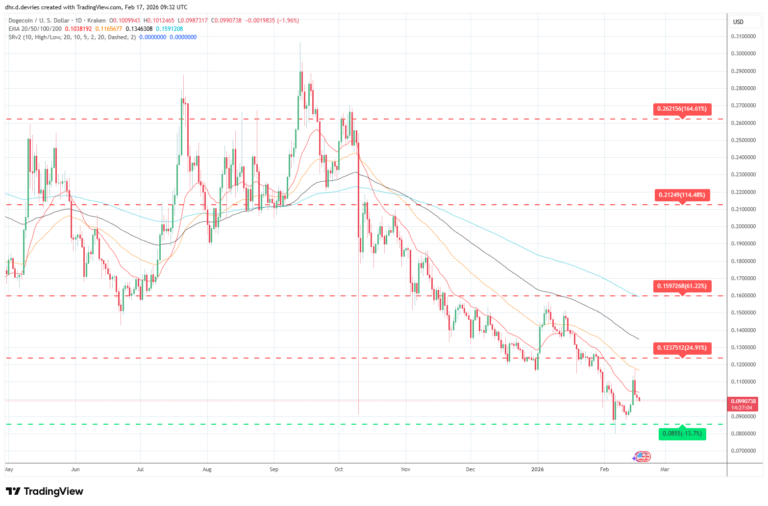
Dogecoin (DOGE) Price Prediction: Weekly Analysis February 17, 2026
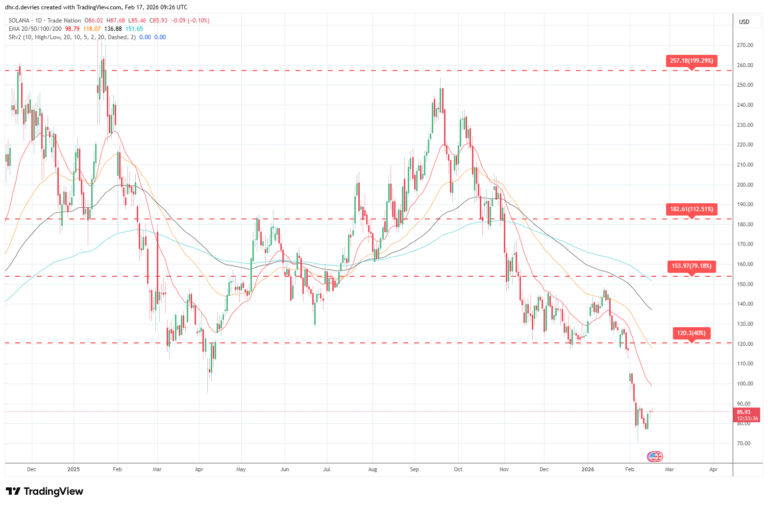
Solana (SOL) Price Prediction: Weekly Analysis February 17, 2026

What is Arbitrage Trading?

Why is Quantum Computing a Risk for the Crypto World?
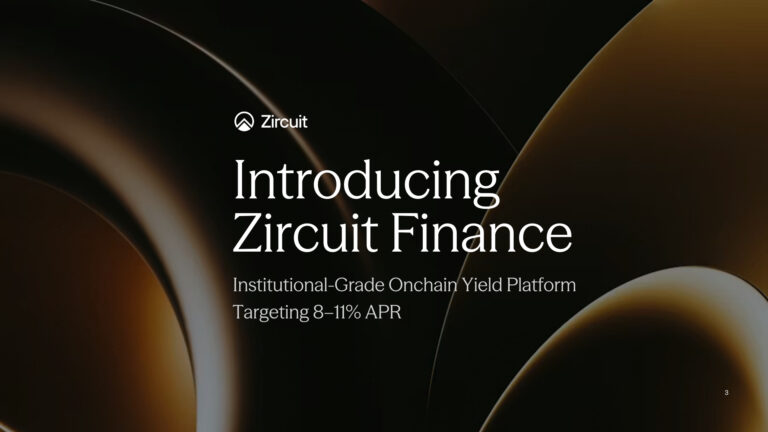

What Are Optimistic Rollups?

What are (Crypto)Currency Exchange Rates?
Press Releases and Contributions












